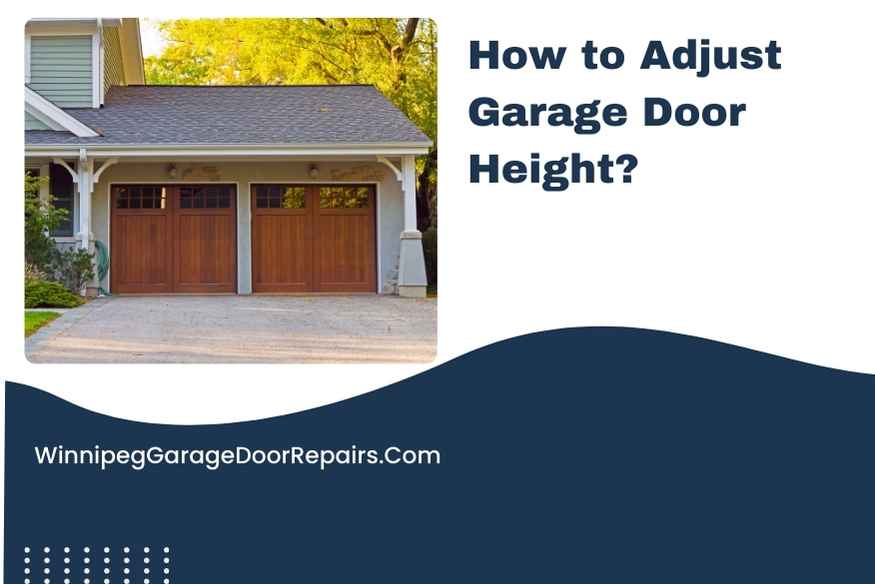LuckyPays Casino is revolutionizing the gaming experience with its cutting-edge mobile gaming app, designed for players who seek excitement on the go. This intuitive platform offers a vast selection of games, from classic slots to live dealer tables, ensuring that every player finds their perfect match. Discover the thrill of gaming wherever you are by exploring the
luckypays casino, where convenience meets top-tier entertainment. At QBet Casino, customer support is more than just a service; it's a commitment to ensuring every player's experience is seamless and enjoyable. With a dedicated team available 24/7, you can dive into the thrilling world of gaming knowing that assistance is just a click away. Check out
qbet casino and discover how their exceptional support can enhance your online gaming adventure! At VipZino Casino, exceptional customer support is a cornerstone of their commitment to providing a seamless gaming experience. With a dedicated team available around the clock, players can expect quick and knowledgeable assistance for any inquiries or concerns they might have. Discover the attentive service that sets VipZino apart by visiting
vipzino today. At 31Bets Casino, players are treated to an impressive array of slot games that cater to every taste and preference. With themes ranging from classic fruit machines to immersive video slots featuring captivating storylines, there's something for everyone to enjoy. Discover your next favorite game at
31bets and experience the thrill of spinning the reels. At Magic365 Casino, the thrill of winning is only amplified by their lightning-fast payouts, ensuring you receive your winnings in record time! Experience the excitement of seamless transactions and dive into a world of exhilarating gaming where your luck pays off quickly. Explore the magic and get your winnings effortlessly at
magic365! Mr Punter Casino is renowned for its commitment to providing players with fast payouts, ensuring that your winnings are swiftly in your hands. With an efficient processing system and a focus on customer satisfaction, you can enjoy a seamless gaming experience without unnecessary delays. Discover the thrill of instant gratification at
mrpunter casino, where your success is celebrated with prompt cash-outs. At PupaLupa Casino, customer support is a top priority, ensuring that players receive assistance whenever they need it. With a dedicated team available around the clock, you can enjoy a seamless gaming experience while knowing that help is just a click away. Discover more about their robust support services by visiting
pupalupa casino, where your satisfaction is their mission. At VeryWell Casino, your security and fair play are our top priorities, ensuring a safe environment where you can enjoy your favorite games with peace of mind. With advanced encryption technologies and rigorous auditing processes, players can trust that their information is protected and the games are fair. Discover more about our commitment to excellence at
verywell. At WinOlympia Casino, your safety and gaming experience are top priorities, ensuring a secure environment for every player. With state-of-the-art encryption technology and regular audits by independent regulators, you can enjoy peace of mind while engaging in fair play. Discover the excitement at
winolympia casino and feel confident in every bet you place. At BlueBetz Casino, the thrill of winning is only matched by the excitement of fast payouts, ensuring you get your hard-earned cash in record time. With a commitment to seamless transactions and customer satisfaction, players can enjoy the thrill of their victories without the dreaded wait. Ready to experience the rush? Dive into the gaming action at
bluebetz today! At Pub Casino, the pursuit of excellence in gaming goes hand in hand with exclusive VIP rewards that elevate your experience to new heights. As a valued member of the VIP program, you can unlock personalized bonuses, tailored promotions, and exceptional customer service, ensuring that every visit is as rewarding as it is entertaining. Discover the benefits and excitement at
pub casino where your loyalty truly pays off. At WinPlace Casino, exceptional customer support is a pillar of our commitment to providing an outstanding gaming experience. Our dedicated team is available 24/7, ensuring that every inquiry is addressed promptly and professionally, allowing players to focus on enjoying their time at the tables. Discover how we prioritize your satisfaction by visiting
winplace casino today. In the ever-evolving world of online gaming, a
bitcoin casino stands out for its robust security measures and commitment to fair play. These platforms utilize advanced encryption technologies to ensure that players' personal and financial information remains secure, while innovative blockchain technology guarantees transparency and fairness in every game. With regular audits and a decentralized approach, players can enjoy their gaming experience with peace of mind, knowing that the odds are not just in their favor, but also verifiably fair. Step into the thrilling world of LegionBet Casino, where an exhilarating array of slots awaits to captivate your senses and boost your winnings! With hundreds of games ranging from classic fruit machines to cutting-edge video slots, every spin promises a unique adventure. Discover your next favorite game today at
legionbet casino and experience the excitement firsthand! At Dracula Casino, your peace of mind is our top priority, ensuring a secure gaming environment backed by advanced encryption technology. Players can enjoy their favorite games with confidence, knowing that fair play is not just a promise but a commitment, as all outcomes are independently audited for transparency. Discover the thrill of gaming safely at
dracula casino. At Jettbet Casino, VIP players are treated to an unparalleled gaming experience, complete with exclusive rewards that elevate their play to new heights. With personalized bonuses, dedicated account managers, and invitations to special events, the
jettbet VIP program ensures that every moment spent gaming is not just enjoyable, but also richly rewarding. Join the ranks of elite players and discover a world where your loyalty is celebrated and your winnings are maximized. Das Bitstrike Casino begeistert neue Spieler mit großzügigen Willkommensboni, die den Einstieg in die Welt des Online-Glücksspiels zu einem wahrhaft einmaligen Erlebnis machen. Mit attraktiven Angeboten, die sowohl Freispiele als auch Bonusguthaben umfassen, lädt das Casino dazu ein, die Vielzahl an Spielen risikofrei auszuprobieren. Besuchen Sie
bitstrike und entdecken Sie, wie Sie von diesen fantastischen Boni profitieren können! Experience the thrill of gaming on the go with the BassWin Casino mobile app, where excitement and convenience come together seamlessly. Designed for both casual players and high rollers, this app offers a diverse range of games, ensuring that every spin and shuffle is just a tap away. Discover the full potential of mobile gaming at
basswin casino and elevate your entertainment experience, anytime and anywhere. En
bigpirate casino, la atención al cliente es una prioridad fundamental que garantiza una experiencia de juego excepcional. Con un equipo de soporte altamente capacitado y disponible las 24 horas, los jugadores pueden recibir asistencia rápida y efectiva para resolver cualquier duda o inconveniente que puedan tener, asegurando así que cada visita sea placentera y sin contratiempos. La dedicación a la satisfacción del cliente es lo que distingue a bigpirate en el competitivo mundo de los casinos en línea. Erleben Sie die aufregende Welt des Spielens jederzeit und überall mit der innovativen mobilen Gaming-App von
bassbet casino. Egal, ob Sie ein Fan von klassischen Casinospielen oder modernen Slots sind, die benutzerfreundliche Oberfläche und die fesselnden Grafiken garantieren ein einzigartiges Spielerlebnis direkt in Ihrer Hand. Tauchen Sie ein in spannende Abenteuer und versuchen Sie Ihr Glück – die nächste große Gewinnchance wartet nur einen Fingertipp entfernt!







